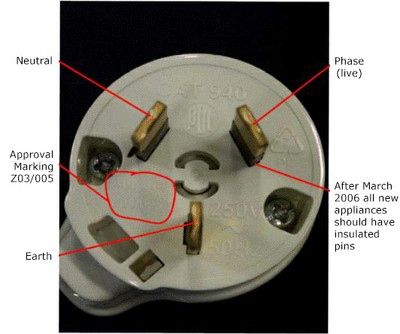News Next article
Electrical safety check: appliances & fittings
Selling electrical items? Find out what you need to know before you sell them, and what goods can't be sold.
By Trust and Safety 13 October 2023Learn more about electrical safety so you don't feel the rush of an electric shock.
What is an SDoC?
What appliances and fittings need an SDoC?
When is an SDoC needed?
Electrical plugs
Insulated pins
(Source: Worksafe NZ)
Foreign plugs
If your plug doesn't comply
Edison to Bayonet adaptors
Author
Other news you might like






